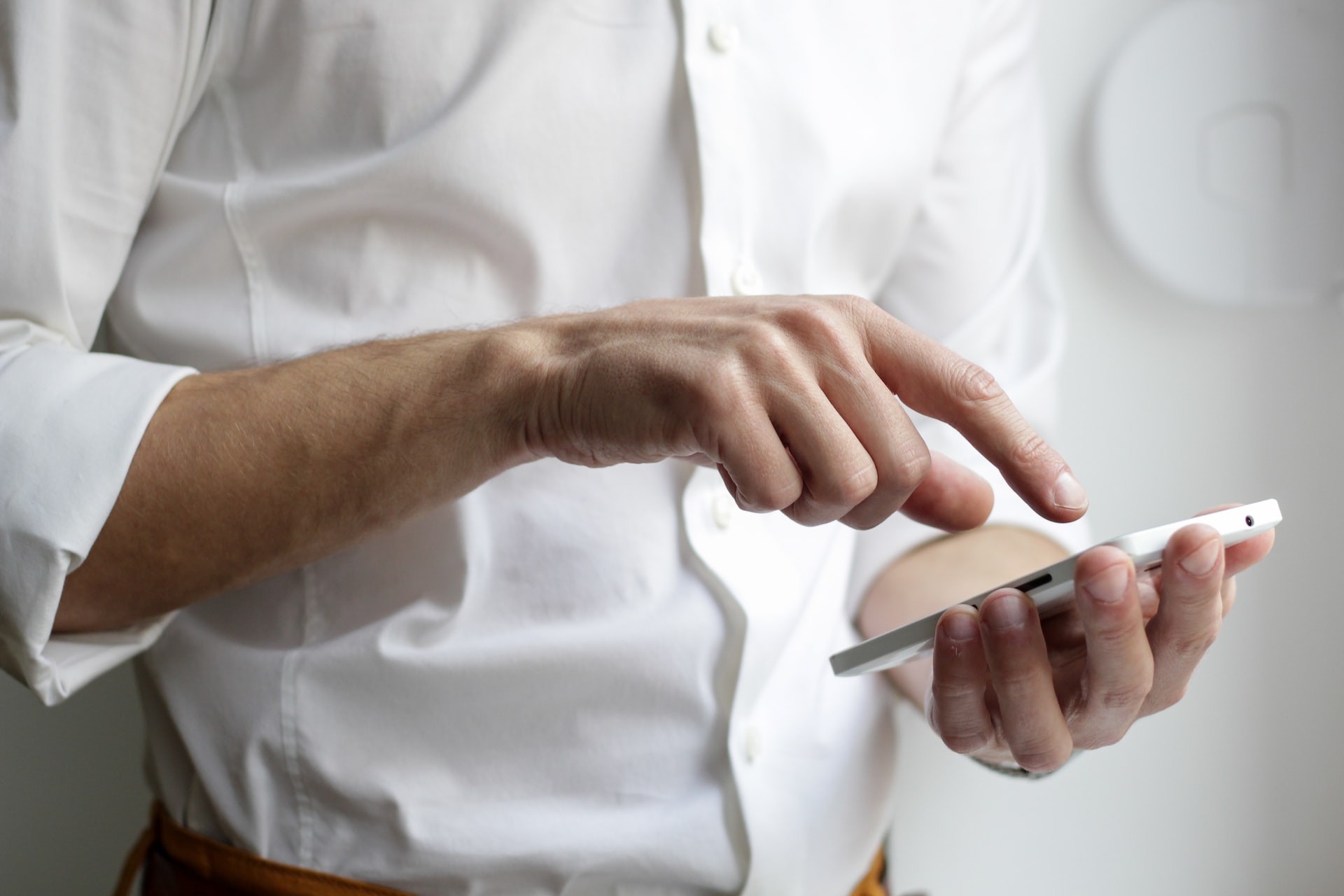A bank account is fundamental for most people’s money management. You can store money with an FDIC-insured bank instead of hiding the money under the rug. Unfortunately, some people fall behind on payments and end up with numerous overdraft fees. If you fall far enough behind and continue accumulating bounced checks and overdraft fees, the bank can close your account.
This predicament also makes it more challenging to get a new account. Just as lenders view your credit history before giving you a loan, banks will take a look at your banking history before letting you open a bank account. If banks do not like your banking history, they can reject your application, forcing you to look for another bank. As rejections add up, it can feel frustrating for people who want a fresh start with their finances. Second chance banking accounts fill this gap and provide a path to improve your banking history. We will share some details to consider before getting a second chance banking account and if it’s right for you.
Second Chance Banking Accounts: What are They?
A second chance banking account is an account with a lower barrier to entry. You don’t need a perfect banking history, and staying away from overdraft fees and bounced checks can help you get better banking accounts in the future. Some people can’t access traditional bank accounts because of their bad banking history. These accounts give you a second chance to recover from previous banking setbacks.
How Do Second Chance Banking Accounts Work?
Second chance bank accounts offer a haven for people with bad banking history. These accounts function like regular bank accounts, but they have limits based on how much you can spend. Some second chance banking accounts will prevent you from spending more than your balance. However, if the second chance bank lets you overdraw your balance, you’ll likely face stiffer overdraft fees. These accounts are essentially banking with safety handles. You will have more restrictions and higher fees, but many people open second chance banking accounts, hoping to get a better account in the future.
Why You Should Opt for a Second Chance Banking Account
A second chance banking account helps you rebuild your banking history and store cash. This history can have significant ramifications for future opportunities. For example, your banking history can impact how much financing you get for a home. For instance, mortgage underwriters will look at your banking history and other details to assess if you need a mortgage. A bank account also lets you accrue interest, and your money gets insured by the federal government. Unfortunately, you do not have that same guarantee if you lose the money in your wallet.
Some second chance bank accounts can even improve your spending with valuable insights, limits, and reminders. These accounts can strengthen your discipline and help you stay in control of your finances. In addition, having a bank account can assist you with your goals and help you reach them faster.
What to Look for in Second Chance Bank Accounts
Consumers have plenty of choices for a second chance bank account. While multiple second chance bank accounts help you find one that meets your needs, you will have to look through several viable choices and stick with the best one for you. Rushing to open an account with the first bank you find can result in missed opportunities and a bad banking experience. Narrowing your search to bank accounts with these parameters will help you find a second chance bank account that helps your finances instead of putting you in a tougher spot.
Ease of Use
How easy is it to deposit funds, spend cash, and perform other basic tasks with your second chance checking account? These banks make it easy to deposit checks by taking a few pictures. Their accompanying app commonly offers a seamless dashboard experience that doesn’t have much of a learning curve. If a bank is difficult to use, consider another account. You can try a demo or read reviews to gauge the simplicity or complexity of each bank. It is important to remember that you have many choices. If you don’t like the experience, don’t try to make it work when a better option is available.
Interest Rates and Fees
High fees can cause more trouble for a checking account than it’s worth. Review each bank’s terms and conditions to see how much you will get charged for having a bank account. Many second chance banks have monthly maintenance fees and other costs. While some second chance banks have reasonable fees, others charge monthly fees that can feel excessive. You should also look for savings accounts with high interest rates. If you have to store money in the bank, you might as well earn a respectable return.
Low Opening and Minimum Deposits
Most second chance bank accounts have minimum deposits and opening requirements. You should look at your finances and determine how much you can afford before looking for banks. If you end up liking a bank but end up realizing the minimum deposit is too high, you’ll have to start the research process all over again.
ATM Access
ATM access is a big deal for many consumers, especially if they use virtual banks without any physical branches. You never know when you will need cash, and ATMs offer an easy solution. Before opening an account, you should look at a second chance bank’s ATM network. Financial institutions with limited ATM networks result in higher costs for customers who withdraw from ATMs. Every additional cost adds up and can create more financial stress for people with bad banking histories. Banks with stronger ATM networks reduce costs for customers and can possibly eliminate them all together. Some banks will happily reimburse you for ATM fees.
Helps You Rebuild Your Credit
The credit bureaus do not look at your bank accounts when assessing your credit score, but your banking can still affect your score. Bank deposits and withdrawals won’t help your credit, but some banks offer features that can improve your score. Some second chance banks offer credit builder loans, credit cards, and other resources that can help improve your credit score. You may have to settle for a secured credit card in the beginning if your bank offers them, but it’s a step in the right direction. You can build credit with every purchase and eventually obtain an unsecured credit card with an enticing rewards program.
Ability to Upgrade
A second chance bank account is a new starting point, but it’s not the end destination. Many people create second chance bank accounts in the hopes of getting a better bank account in the future. Some banks let you upgrade your bank account after building good banking history. A bank account with no path to an upgrade adds extra steps to get a better bank account. You would have to open a bank account with another bank after building good banking history and then have to transfer funds from your second chance bank account to your new bank account. The ability to upgrade eliminates the necessity of this extra step.
Other Perks and Features (Like Overdraft Protection)
Banks have evolved into money management hubs that go beyond money storage. Some banks include features that help customers build credit, invest in assets, and obtain other perks. Many people rely on second chance banking because of a bad banking history with their previous bank.
You should also consider your previous experiences with banking to determine which resources you need. Many banking customers have had a negative experience with overdraft fees, and something like overdraft protection can go a long way. Saving on overdraft fees, especially while at the pump, adds an extra layer of protection to your finances. You can find banks with great perks, and you shouldn’t settle for a bank account that provides the bare minimum.







